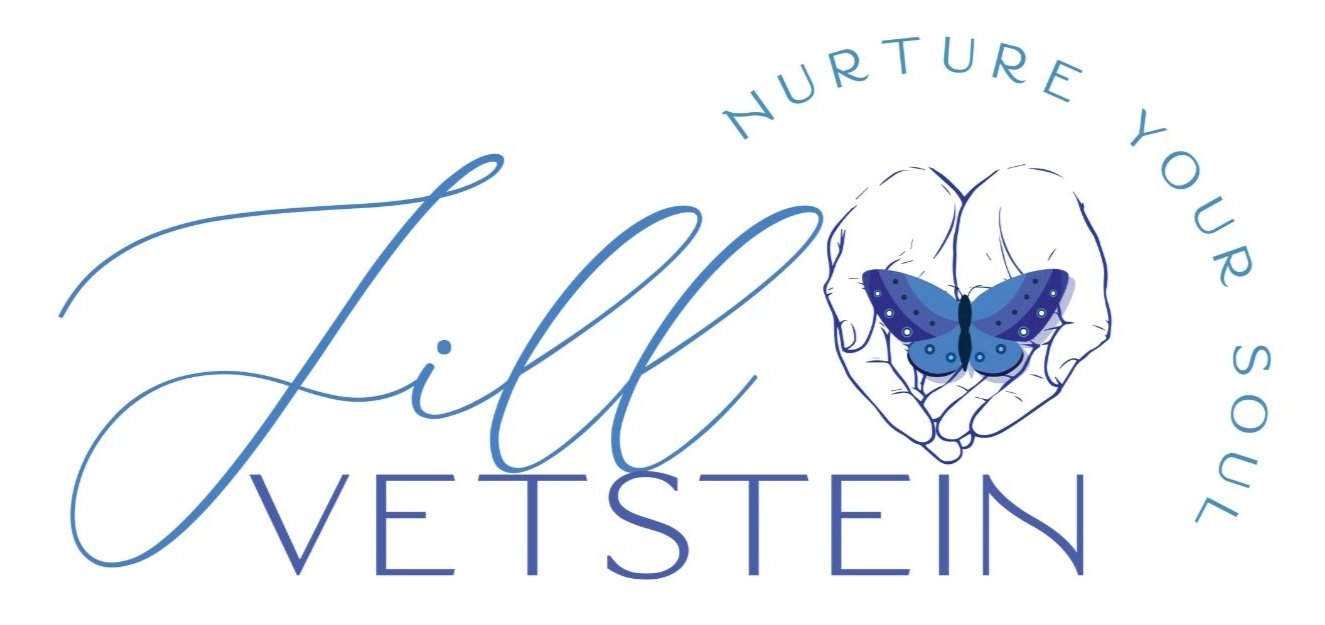Gratitude vs. Guilt
Gratitude is a big buzzword lately. I have noticed while talking to clients, friends, and colleagues that when they hear people tell them to have gratitude they actually feel a little shamed. You see some internalize it as people are telling them they are not being grateful like they are being selfish somehow when they are upset about things in their life. Most people to some extent do worry that they are not good enough and their inner critic becomes very noisy. They begin hearing “have gratitude” as an insult and perceive it as they are being told they are not good enough.
Some think that having gratitude means they cannot have their own feelings about things because they will seem ungrateful. People often worry if they complain about their situation, or need to vent then they come across as petty.
This is such a shame that so many people feel this way. Because everyone should feel free to process their feelings no matter what they are about. Having gratitude does not mean burying your emotions. In fact, if you bury them, you will have a very hard time feeling anything positive, never mind gratitude.
Having gratitude means that even though things are hard, there are things we can focus on that are positive also (not instead of). You see the reason gratitude is so important is that it forces us to think positive thoughts. Why is that important you ask?
When we focus on negative things we get stressed, which tells the brain that something is not right. Our brain perceives it as “danger” and therefore pumps hormones and chemicals into our body as if we are in fight or flight. We feel miserable when this happens and it compiles. However, when we think of what we are grateful for, our brain understands this as “I am safe” and it does not pump undesirable hormones into the body, it stabilizes as we feel good. So thinking of positive things that make us happy helps keep us healthy. Yes, there is science behind having gratitude!
It is also believed by many that what you put out in the world you get more of. This is the law of attraction. So if you state what you have gratitude for, you will get more of it. If you focus on what you don’t want, you get more of that because it is what you're putting your energy towards. That is a pretty cool way to think, but even if you're not quite ready to accept that idea, research has proven that having gratitude is good for you. It is clearly good for your body as discussed above.
Another reason having gratitude is so important is because we tend to only see what we are focussed on. It happens all the time, you might talk to someone about yellow cars, and suddenly you're seeing yellow cars everywhere you go. They were always probably there, but now that your focus is on it, you're noticing. So if you are focusing on all the positive things in your life, you will notice so many more of them and how often they are showing up. The same goes for when you focus on the things that make you unhappy, you will only see those things if you focus only on them.
So let's talk about how to have gratitude without feeling guilt or shame.
Accept that there are things you may not feel grateful about, and forgive yourself for having any negative thoughts about how you feel.
Allow yourself to process your feelings about what does not feel “good” in your life. (I will be sharing ways to do this in future blog posts, newsletters, social media, and of course in my sessions and classes.)
Also, focus on things that you are grateful for. Try to make a practice of listing them when you wake up or go to bed. Starting your day positively sets your brain up to feel safe and ready for the day. Thinking about all the things you're stressed about first thing in the morning, will certainly not set you up well.
Having gratitude means appreciating what is good in your life. It takes practice to notice all the big and little good things, but it is so worth it.

